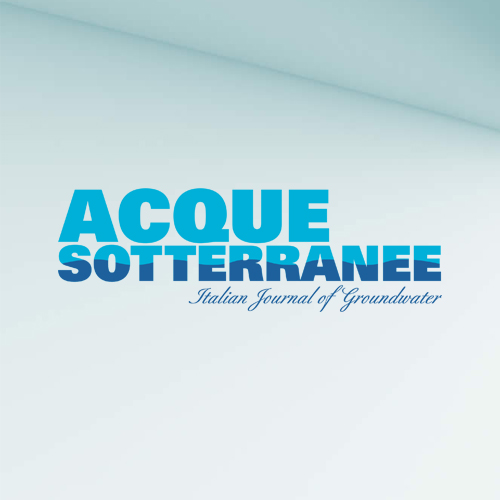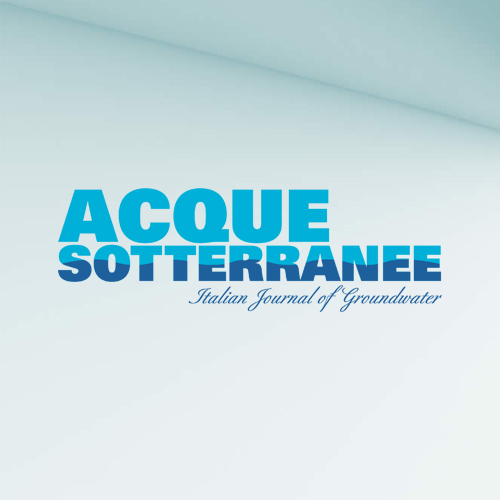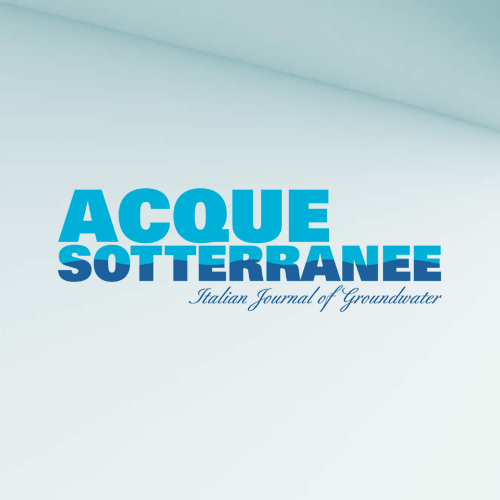Groundwater resilience, security, and safety in the four largest cities in Denmark
Accepted: 8 September 2024
All claims expressed in this article are solely those of the authors and do not necessarily represent those of their affiliated organizations, or those of the publisher, the editors and the reviewers. Any product that may be evaluated in this article or claim that may be made by its manufacturer is not guaranteed or endorsed by the publisher.
Authors
Denmark's complete reliance on groundwater for water supply presents a unique case study in management of natural resources, urban planning, and water resilience in the face of climate change. This paper examines the groundwater management strategies in Denmark in general, focusing on Denmark's four largest cities—Copenhagen, Aarhus, Odense, and Aalborg— each facing distinct challenges due to their demographic, geographical, hydrogeological, and economic characteristics. Through analysis of these cities' approaches to groundwater management, this research contributes to the global discourse on sustainable urban water supply systems. As coastal groundwater cities (CGC), these urban areas must navigate the complexities of sustaining growing populations, mitigating climate change impacts, and coastal processes while ensuring the long-term viability of their groundwater resources. Copenhagen and Aalborg, built atop semi-confined fractured and locally karstic carbonate rocks, highlights the specific challenges associated with karstic groundwater systems, while, Aarhus, and Odense built on glaciofluvial aquifers faces different issues. The different groundwater challenges in these cities underscores the importance of integrating urban development with water resource management and environmental sustainability, offering valuable insights and lessons learned for other regions facing similar challenges. This study, thus not only sheds light on Denmark's groundwater management practices, but also emphasizes the need for innovative solutions to ensure the resilience of urban water supply systems in a changing climate and increasing pressures of emerging organic contaminants and elevated concentrations of geogenic elements induced by water abstraction and fluctuating water tables. Advanced Danish monitoring and modelling tools applied to support decision-making and innovation within the water sector are continuously developed and improved to support resilient and sustainable management of the available water resources.
How to Cite

This work is licensed under a Creative Commons Attribution-NonCommercial 4.0 International License.
PAGEPress has chosen to apply the Creative Commons Attribution NonCommercial 4.0 International License (CC BY-NC 4.0) to all manuscripts to be published.
Similar Articles
- Tiago N. Martins, Manuel M. Oliveira, Maria Manuela Portela, Teresa E. Leitão, Sensitivity analysis of a simplified precipitation-runoff model to estimate water availability in Southern Portuguese watersheds , Acque Sotterranee - Italian Journal of Groundwater: Vol. 10 No. 2 (2021)
- Piero Mori, James Baldock, Andrea Gigliuto, Mattia Cappelletti Zaffaroni, Cecilia Marino, Remediation of chlorinated solvents with Electrical Resistance Heating (ERH) at an active industrial site in Italy , Acque Sotterranee - Italian Journal of Groundwater: Vol. 12 No. 3 (2023)
- Somia Yousfi, Rachid Kerzabi, Jacques Mudry, Mustapha Bensalah, Abdelhamid Achachi, Bernard Collignon, Integration of geoelectrical, hydrochemical and geothermal data to identify the origin of thermal water in the foothills of the Tlemcen mountains, Northwestern Algeria , Acque Sotterranee - Italian Journal of Groundwater: Vol. 13 No. 1 (2024)
- Tomasz Olichwer , Robert Tarka, Sebastian Buczy?ski, Impact of North Atlantic Oscillation on water resources in South Western Poland , Acque Sotterranee - Italian Journal of Groundwater: Vol. 10 No. 4 (2021)
- Luca Alberti, Ivana La Licata, Louis Bouchet, Assessment of groundwater resources: Nauru project 2010-2019 , Acque Sotterranee - Italian Journal of Groundwater: Vol. 8 No. 1 (2019)
- Mara Meggiorin, Giulia Passadore, Silvia Bertoldo, Andrea Sottani, Andrea Rinaldo, Stochastic analysis of groundwater temperature timeseries for characterizing check dams efficiency: case study on a Managed Aquifer Recharge site (Veneto, Italy) , Acque Sotterranee - Italian Journal of Groundwater: Vol. 8 No. 4 (2019)
- Daniela Ducci, Marco Petitta, Towards elections of the new Committee , Acque Sotterranee - Italian Journal of Groundwater: Vol. 5 No. 1 (2016)
- Tullia Bonomi, Letizia Fumagalli, Marco Rotiroti, Alberto Bellani, Angelo Cavallin, The hydrogeological well database TANGRAM©: a tool for data processing to support groundwater assessment , Acque Sotterranee - Italian Journal of Groundwater: Vol. 3 No. 2 (2014)
- Antonio Dematteis, Riccardo Torri, Bertrand Chereau, Michel Ducrot, Groundwater in the Perthus Tunnel: feedback after excavation , Acque Sotterranee - Italian Journal of Groundwater: Vol. 10 No. 2 (2021)
- Manuel Sapiano, Flowpath 2023 Conference , Acque Sotterranee - Italian Journal of Groundwater: Vol. 13 No. 1 (2024)
<< < 12 13 14 15 16 17 18 19 20 21 > >>
You may also start an advanced similarity search for this article.


 https://doi.org/10.7343/as-2024-803
https://doi.org/10.7343/as-2024-803










